IPFS

IPFS (InterPlanetary File System)
Peer-to-peer distributed file system for storing and sharing files in a decentralized way, creating a resilient global file system without single points of failure.
What is IPFS?
IPFS (InterPlanetary File System) is a peer-to-peer distributed file system that seeks to connect all computing devices with the same system of files. It is an open-source project developed by Protocol Labs with the goal of creating a resilient and efficient file storage and sharing system.
IPFS allows storing and sharing files, websites, applications, and data in a decentralized way, without relying on central servers. This prevents single points of failure and distributes storage and bandwidth among all the nodes participating in the IPFS network.
It works by combining good ideas from well-established systems like BitTorrent, Git, Kademlia, SFS, etc. Each file added to IPFS gets a unique cryptographic hash (called CID) used to identify it. Nodes only need to request content by its hash to retrieve it. IPFS is able to quickly locate files and nodes hosting the content, even if nodes go offline.
The use of decentralization and encryption makes IPFS useful for safe file storage and sharing. It sees adoption to build censorship-resistant apps and websites. Its capacity to address data by content, not by location, allows creating persistent links to files and even websites that won't fail.
IPFS aims to complement or replace HTTP for a faster, more secure, resilient and less costly internet infrastructure. It continues to evolve with wider support and adoption.
IPFS Features
Features
- Decentralized file storage
- Content-addressed file system
- Peer-to-peer file transfer
- Versioning and immutable data
- Deduplication of files
Pricing
- Open Source
Pros
Cons
Official Links
Reviews & Ratings
Login to ReviewThe Best IPFS Alternatives
Top Network & Admin and File Sharing and other similar apps like IPFS
Here are some alternatives to IPFS:
Suggest an alternative ❐S3 Browser

The Web

Freenet
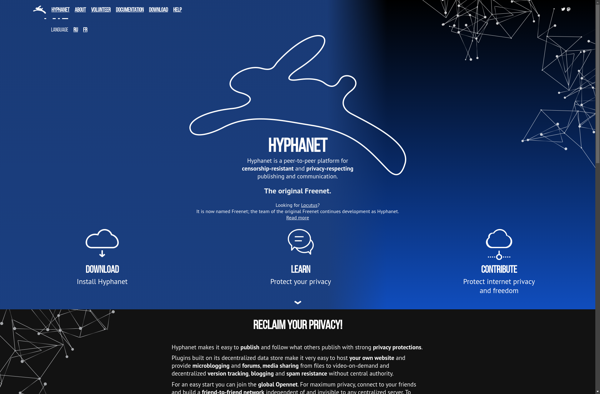
Spideroak One Backup

Google One

I2P

Pydio

Freehold

Librevault
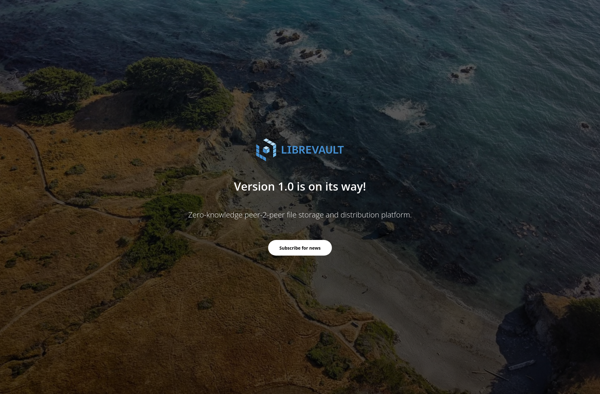
SyncTrayzor

Filebin

ZeroMe

Filestash

Unison File Synchronizer

Teknik Uploads
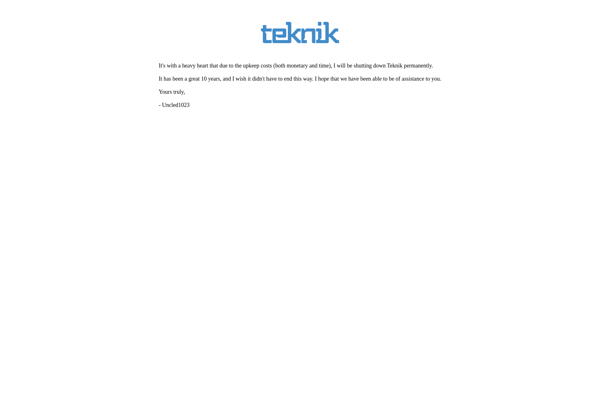
Syncany

Zaclys ownCloud provider

SlapOS

Backer

Work Folders

Decentralized Internet

HRCloud2

Cloudu

Storj

Krakenfiles

Elitefile
SugarSync

Teamplace

Letsupload
GNUnet

Snowflake Tor
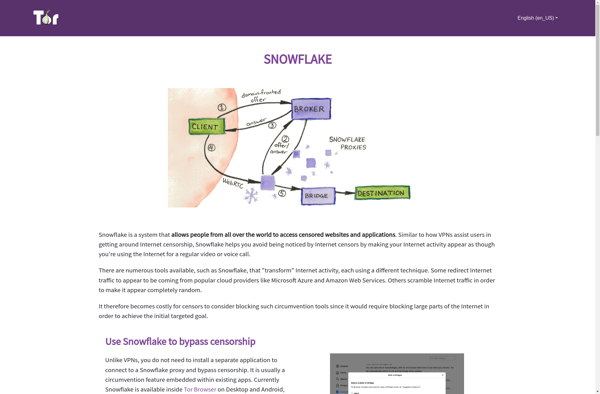
Peergos

Beaker browser

CopyBucket

Perkeep

Music Gateway

CubeBox

Nimbox Vault

Playbook.com

Yintersync
Dir50.cc
IPZN
Lilfile
Robust Files
Proxy Mask

File-upload.info
LaciCloud
Filegear

Tahoe-LAFS
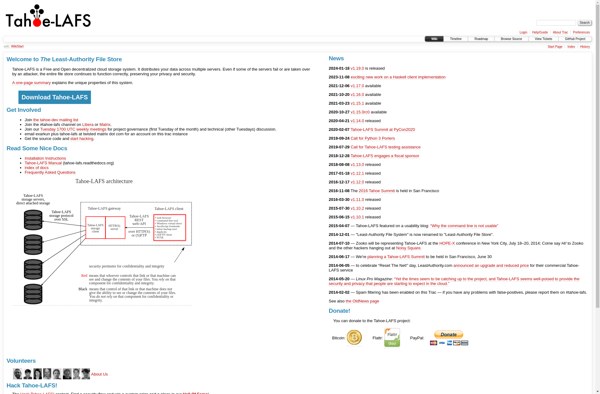
Project Maelstrom
Storro

BitDust

Files Upload
Ownthe.Cloud
Ftopia

CommonClip
Kup Backup System
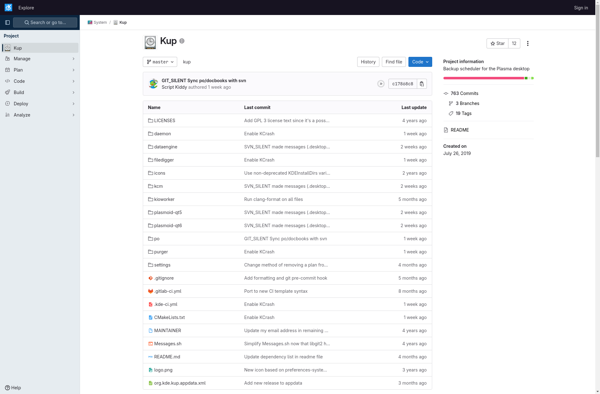
Newfang

Chipmunk App
Wuala

AllMotti Cloud
MegaToBox
8files
Anonymous Upload
FlowCloud
Filwer.com
Hashbase

Drop.me
Artefactual AtoM


